Jan 30, 2023
Author:Lisa Martinez
Have you ever wondered the reasons why your cat is licking you? Is it just showing affection or trying to get your attention? Well, the answer is NO. Cats are solitary animals, and they are more independent than dogs. But, most importantly, they mark their territory by licking, rubbing, or even urinating on things. So when your cat is licking you, it may mean it has marked YOU as its territory. And it is called cats marking behavior. Doesn’t it sound sweet?

Marking behavior is found in wild animals. However, domestic cats also show this marking behavior. Marking territory is vital to cats, especially when they live in a specific area or use particular things. For example, they like to feel safe and secure inside their homes and signify their “ownership” over something, such as litter boxes or food bowls.
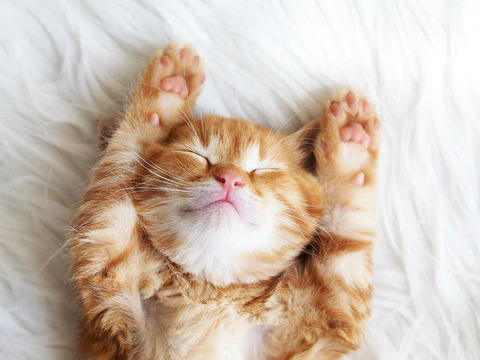
Most territory marking is done through rubbing, scratching, and licking. But what is the most essential thing in this process? Scent. The scent is the primary way that cats communicate. Cats have several scent glands on different parts of their body, including cheeks, paws, flanks, pads of their feet, and they can put personal scents on objects by rubbing or scratching. In addition, the smell indicates the message to other cats that they’ve been there and laid claim. So rubbing against you or clicking you is a way of marking you as theirs and telling other cats to back off. This communication pattern can be easily found among wild animals.
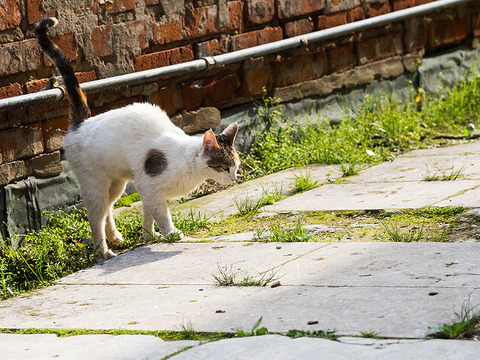
Generally, cats will mark their territory by rubbing against objects, scratching, licking, and even urinating. Don’t worry if your cat shows this behavior; they can be trained. Spraying urine is mainly done outdoors; means more competition. However, if your cat sprays in your home, it may be anxious about something. Think first if there is any change in your home? Like new furniture or a new cat in the neighborhood? If everything is all right, take some time to observe this behavior and ask your vet about it.
If you have several cats at home, make sure they all have their own pet automatic feeder, litter box, food bowls, bed, perches, and toys. Make sure they don’t have to fight for a resource. This can help reduce competition and anxiety and will make them feel safe and loved.
Popular Post

What to Feed a Sick Dog With No Appetite? [2025 Guide]
May 16, 2023
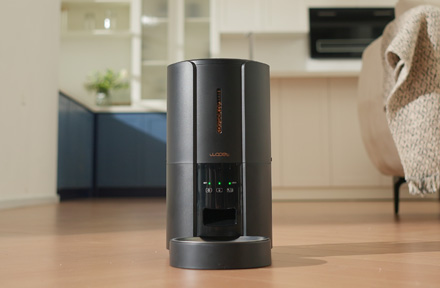
Troubleshooting Common Issues with Automatic Pet Feeders: Tips & Tricks for Pet Owners
Oct 26, 2023

Why Does My Cat Cough After Drinking Water? 8 Potential Reasons
Mar 13, 2023
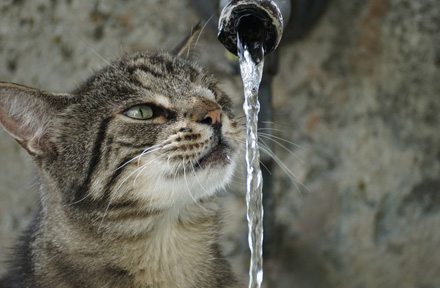
Why is My Cat Throwing up Water? Top 5 Causes Here
Feb 08, 2023
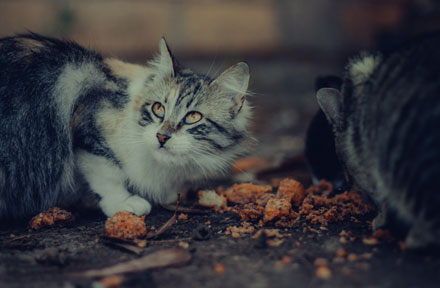
My Cat Only Eats A Little at A Time - What to Do?
Feb 27, 2023
$99.99
$129.99
Copyright © 2025 WOPET. All Rights Reserved.